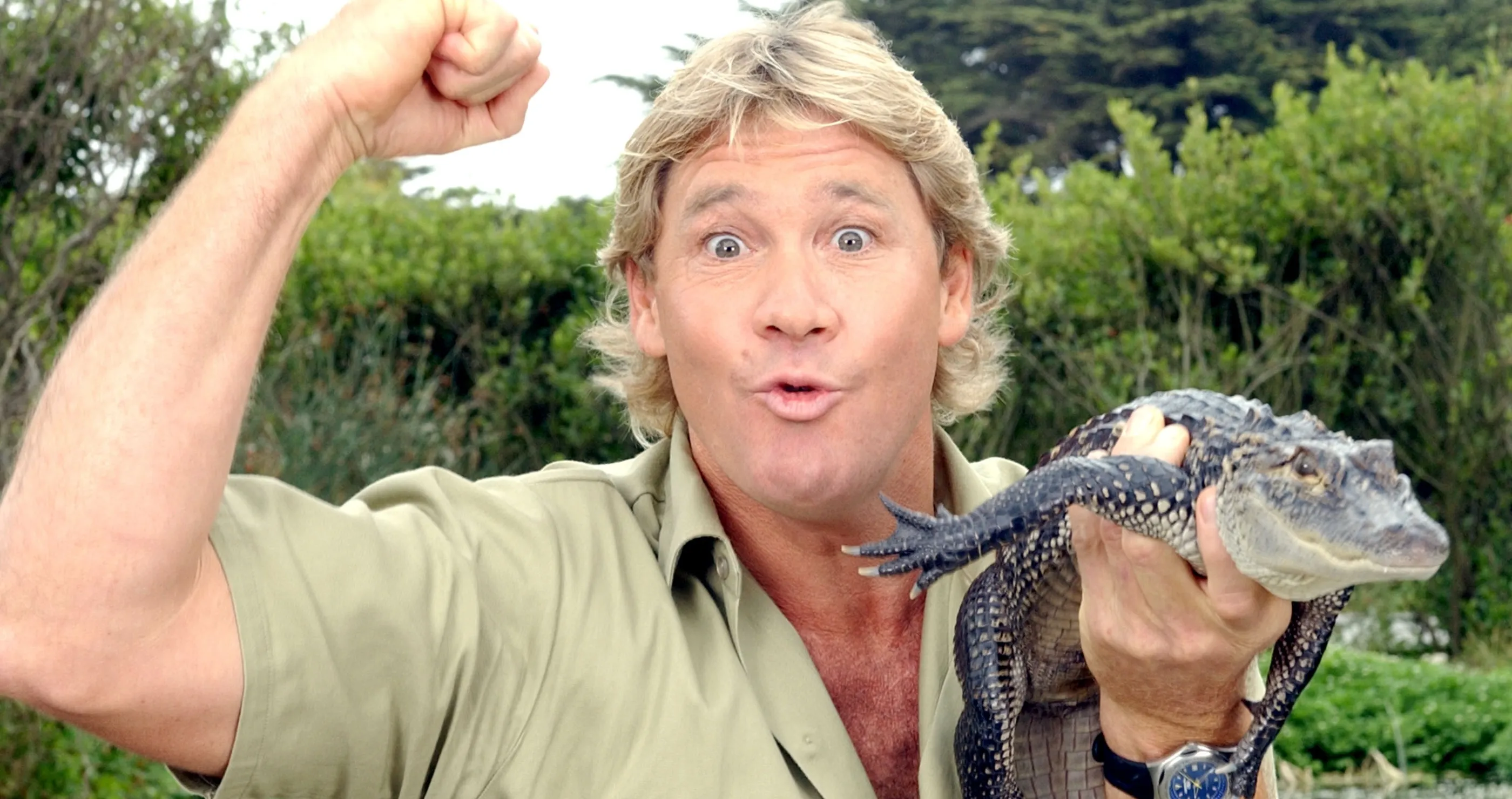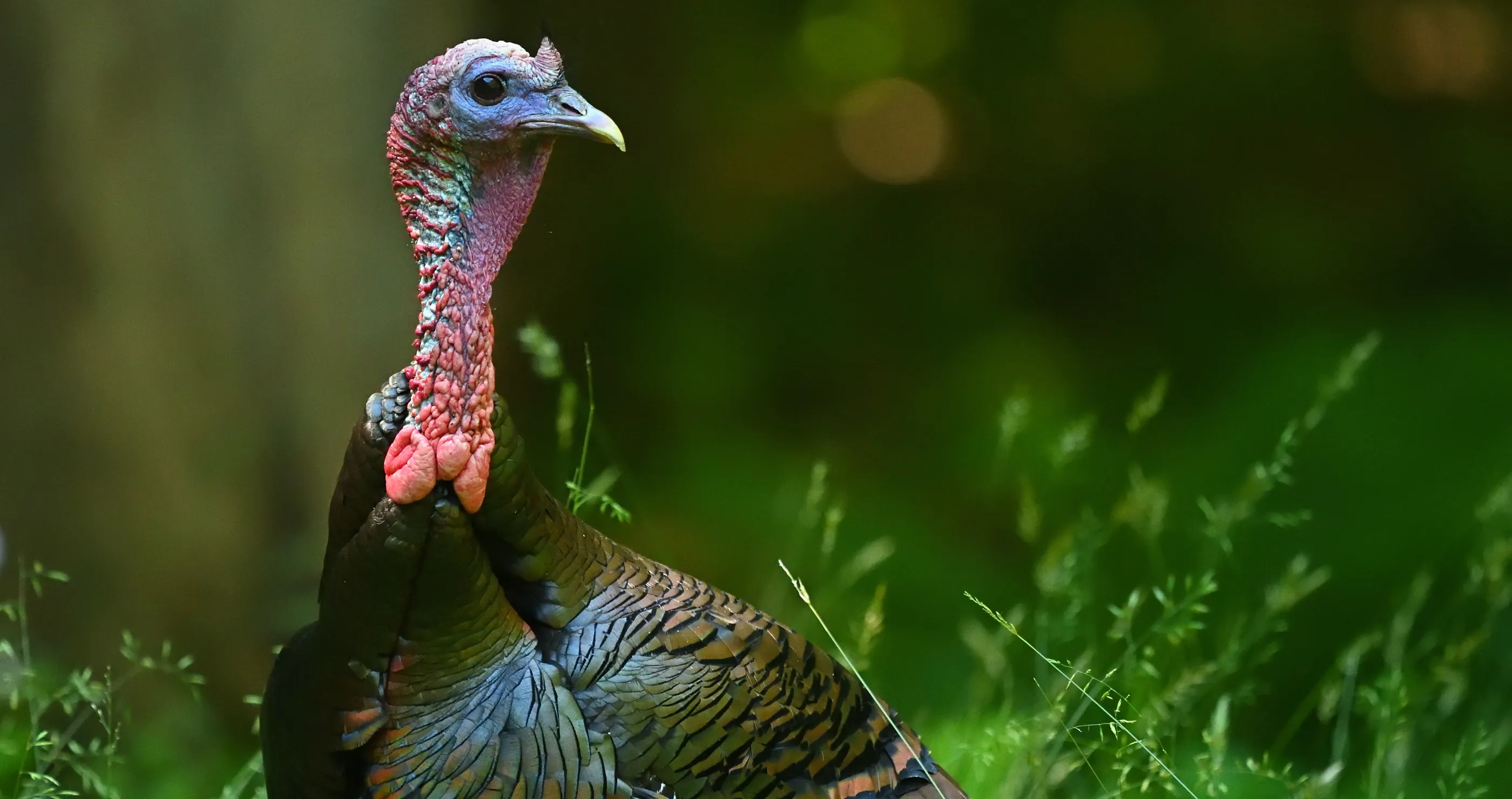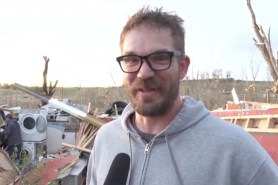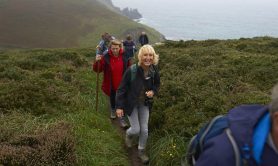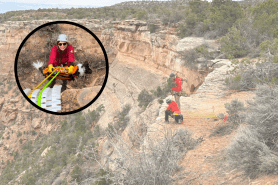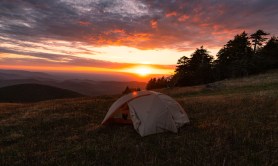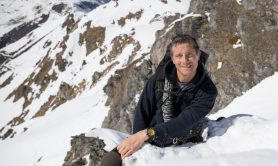

The number one new year’s resolution is always the same: get in shape. Most people’s efforts drop off by February, but with a bit of knowledge and a few key tips, you don’t have to be one of them.
Videos by Outdoors
The Basics of Getting “In Shape”
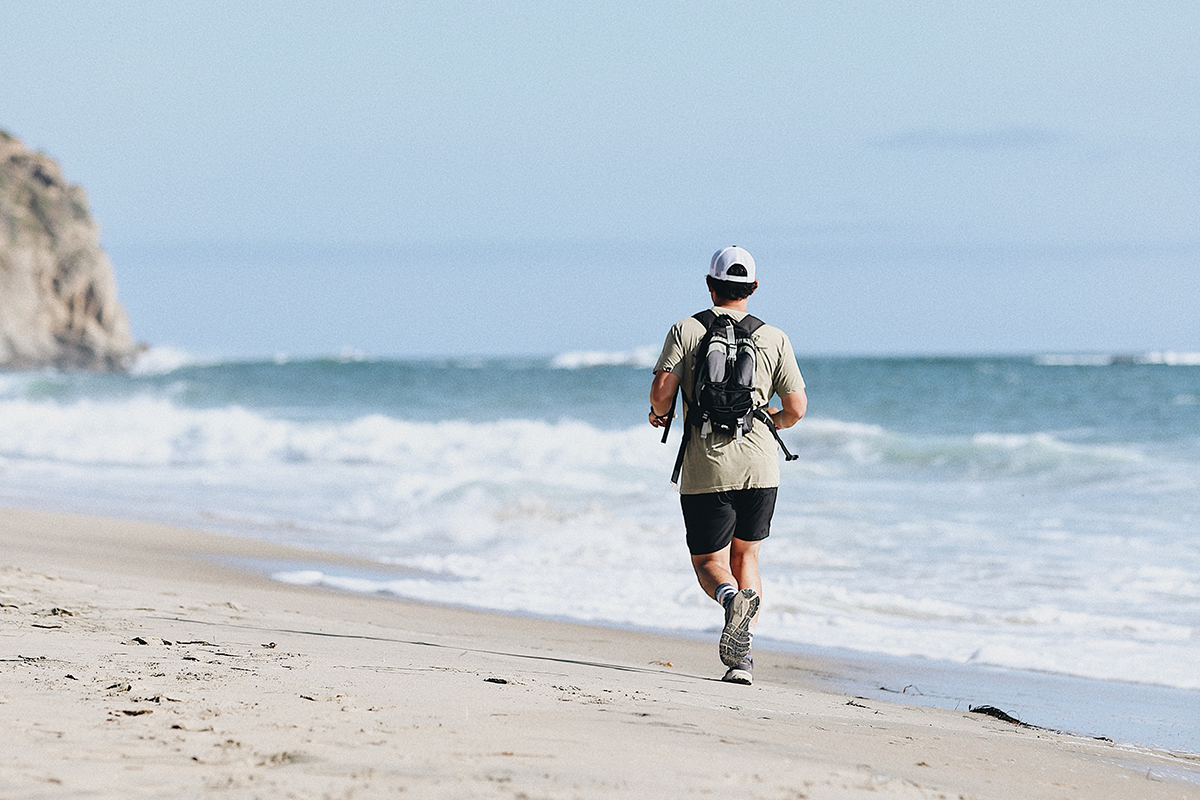
If you already love the outdoors, then it’s easy to get in shape by changing up your routine a bit—adding more calorie-dense or energy-burning workouts outdoors is a great place to start. However, the idea of getting “in shape” as accepted in American society, is flawed. We all have a different natural shape that our body is happy with, but if your goal is to improve fitness or body composition then this article could help.
Improving your body composition is not complicated. Think of it this way; building muscle burns less energy through strength workouts but will help you burn more energy over time as it increases your metabolism. Cardio will burn more energy in the moment and will add to fat loss, so will help you get the “trimmed” look, but without a base of muscle you may appear more thin than muscular and still maintain a lower metabolism than if otherwise. A balance between the two is great, or pick whichever meets your fitness goals.
Energy in should equal energy out. If you want to lose pounds, you’ll need to consume less energy than energy used by exercises or daily functions, but this difference should be very little—no jumping to cutting 300-500 calories a day. Start really small, 100 calories less than you are burning is a good place to begin. In fact, if you increase your exercise, you don’t really need to track calories at all if you continue to eat the same or transition to eating more whole foods and balanced meals.
Outdoor Sports to Get in Shape
Now that you understand the basics of getting fit and changing your body composition, here are the best activities for burning energy outdoors.
Walking, Hiking, and Running
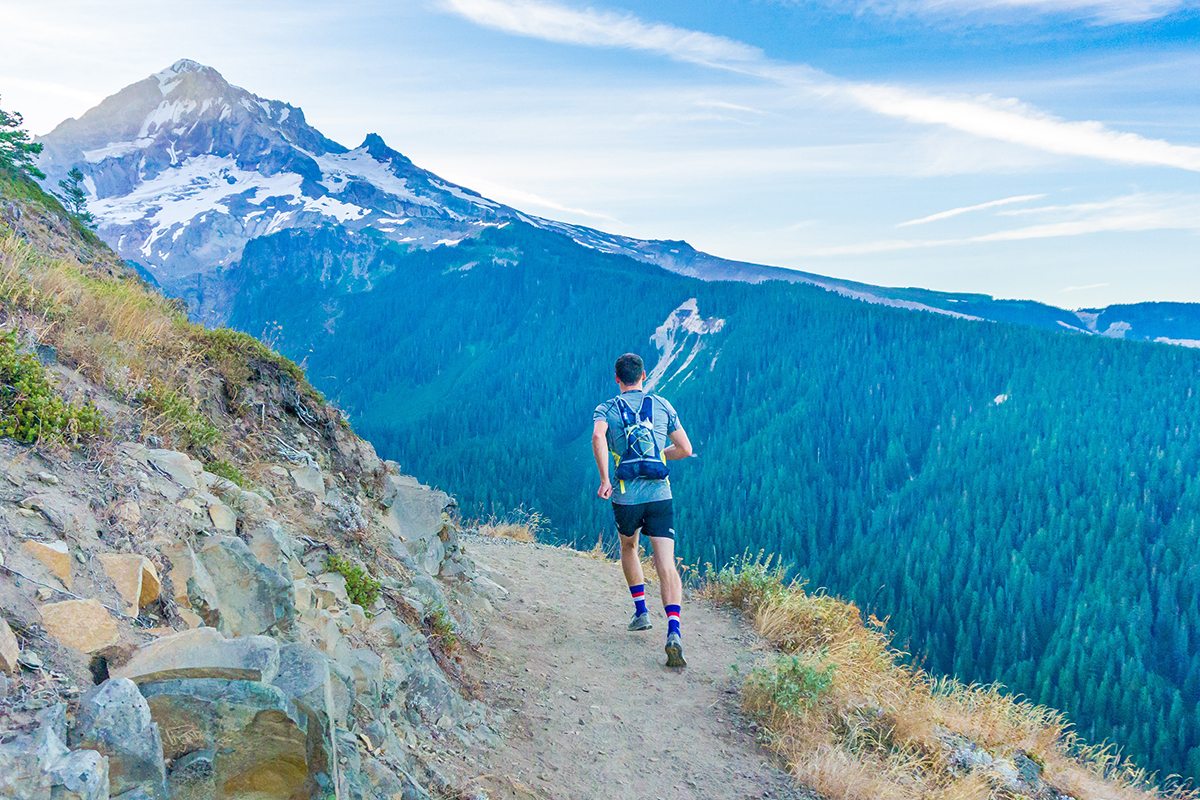
Walking is an amazing way to get outside and it’s easy to fit into your day, whether you take a few breaks in your work day or go for a morning or evening stroll with your dog. Just 30 minutes of walking can burn up to 300-400 calories an hour, lower your risk of conditions such as heart disease and cancer, and even boost muscle. If you want to kick it up a notch in terms of energy burn, switch to hiking or distance running. Running takes the cake for energy expenditure, plus trail running offers gorgeous scenery and an adventure along the way. Running can improve bone density and is a great way to adjust your body composition to build more muscle and burn fat.
Snowsports
All the snowsports including downhill skiing, cross country skiing, and snowshoeing have a huge energy expenditure for time spent, from 180-350 calories per 30 minutes, depending on a person’s size. Doing snow sports is like doing a HIIT workout outside, characterized by extreme exercises and long breaks if you’re skiing downhill. Skiing is also one of the best exercises to improve balance and coordination, just remember to watch out for trees!
BMX, Mountain Biking, or Road Biking
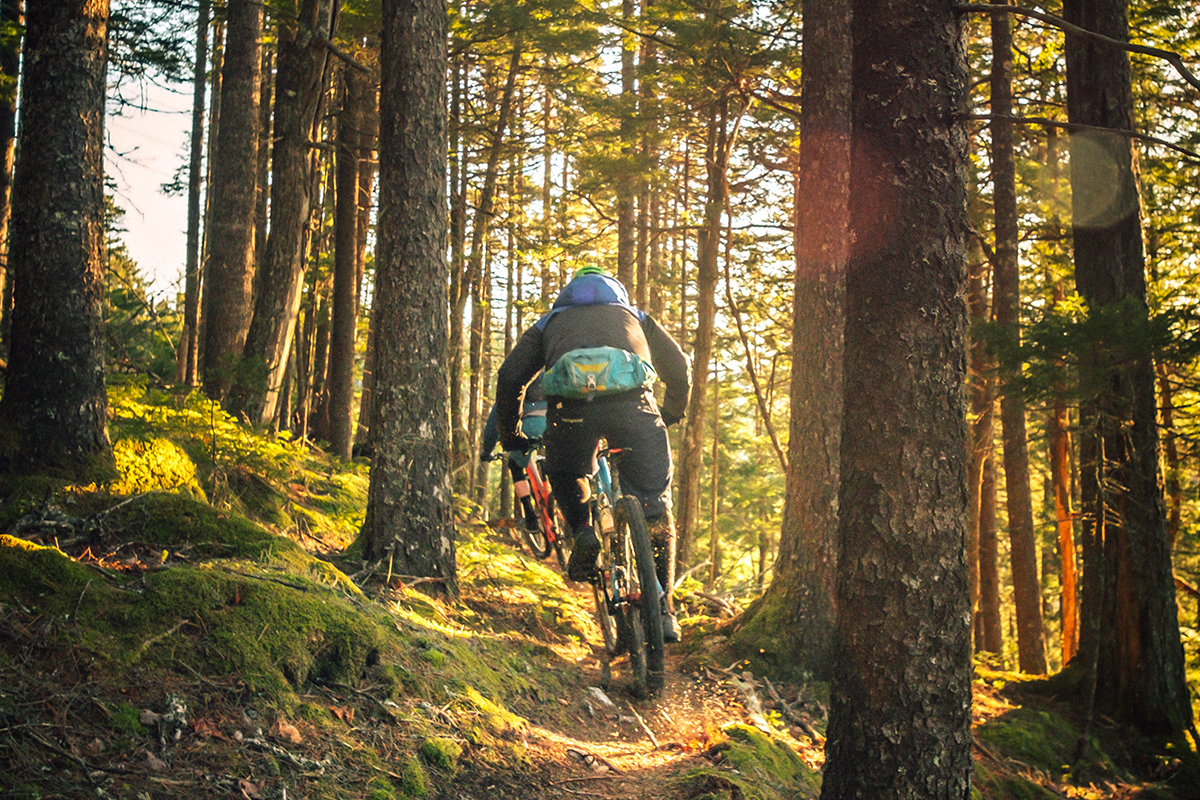
Biking of any kind can burn up to 500 calories an hour, even in a smaller person. Road biking uses more energy than mountain biking, but the added benefit of riding in the mountains or on trails can make BMX a better experience. Biking can improve confidence, coordination, and build muscle as a major plus.
Rock Climbing
This energy-burning sport can burn up to 500 calories per hour if you’re ascending rock. This sport has been known to increase confidence, mental fortitude, and even problem-solving skills as the differing terrain offers a new puzzle to solve every time.
The Benefits of Exercising Outdoors
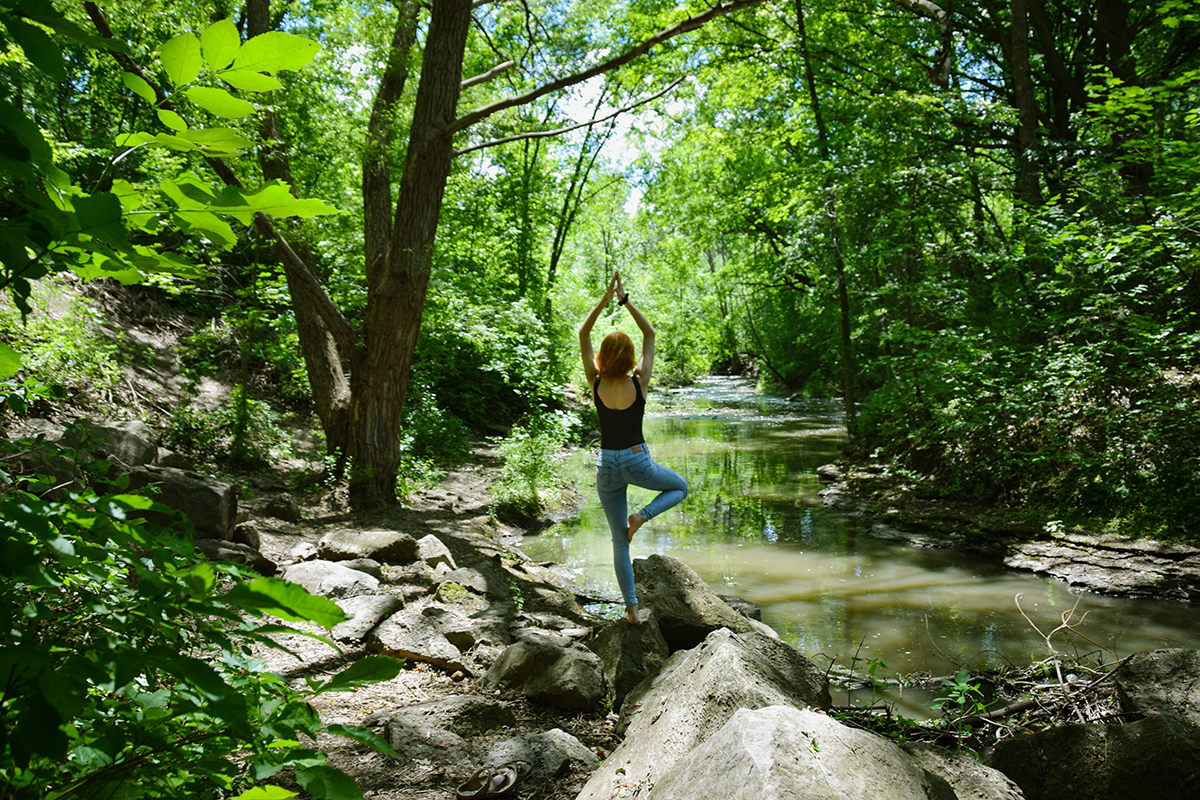
Exercising outdoors confers many obvious benefits for self-management of mental health, but is it better to exercise in a city or outdoors in the mountains to improve health?
Although some outdoor sports do require gear, participating in many outdoor sports are free, which is a huge bonus, and studies show that it’s actually better for you to get fit outdoors than indoors. A collective review of multiple studies showed that exercising in nature improved mental wellbeing and lowered anxiety and anger. People who exercised outdoors were less tense, more positive, and felt more revitalized than those who exercised in a gym.
If you’re looking for less sporty activities to do outside, using your snow blower, carrying and chopping wood, and shoveling snow all count as perfectly good exercises, burning more than 130 calories in 30 minutes, plus you get the added benefits of being outside.
Key Tips on How to Get (and Stay) in Shape in 2024
- Start with easy workouts or exercise that is so easy you won’t quit later. Think smaller. For example as little as 5 minutes of walking counts if that’s all you can do.
- Don’t forget nutrition. No diets, just eat whole foods, as in not processed foods in a package. Balance meats or proteins, healthy fats, veggies, fruits, with whole grains in your meals.
- Drink enough water.
- Get enough sleep.
- Hire a coach if you need motivation and boundaries with your workouts (to help avoid doing too much or too little).
- Have fun!
